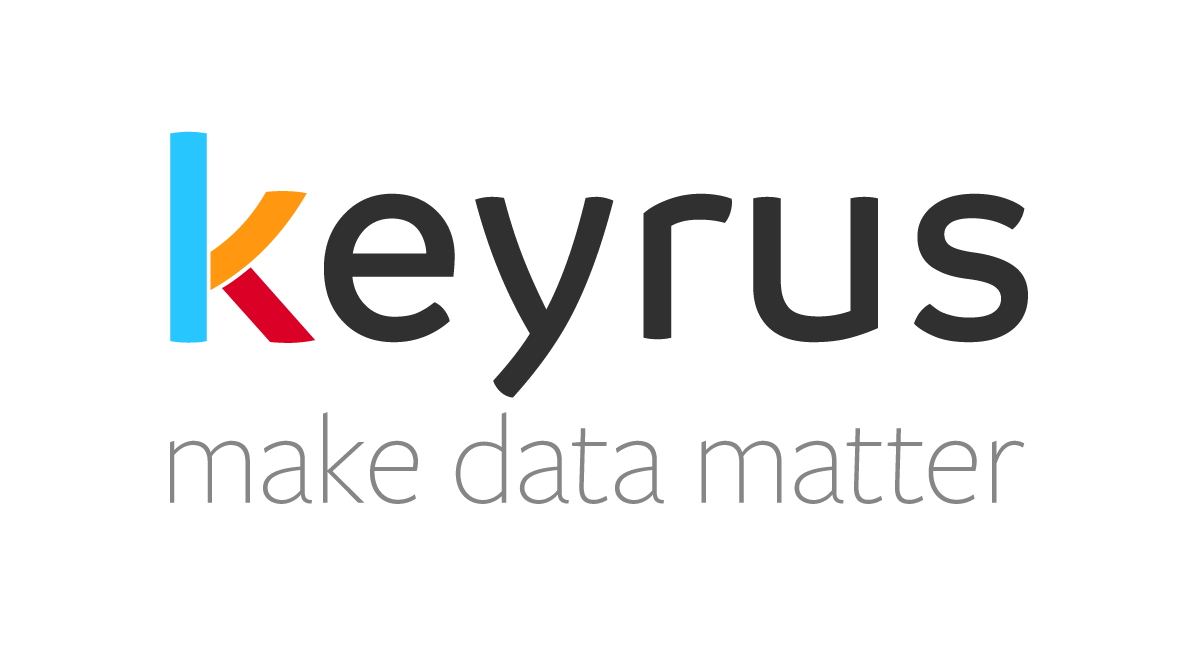

Happy World Environmental Day!
Led by the United Nations Environment Program (UNEP) and held annually on June 5th since 1973, World Environment Day is the largest global platform for environmental public outreach and is celebrated by millions of people across the world.[1] As the environment is an important issue for Keyrus & KLS, and Environment Day celebrates its 50th anniversary this year, we wanted to mark this day by sharing with you some simple habits to implement at home, but also at work to reduce your ecological footprint and ultimately protect our beloved planet.
[1] World Environment Day | United Nations
Mariétou Keita, Keyrus Life Science
Habits to implement at home
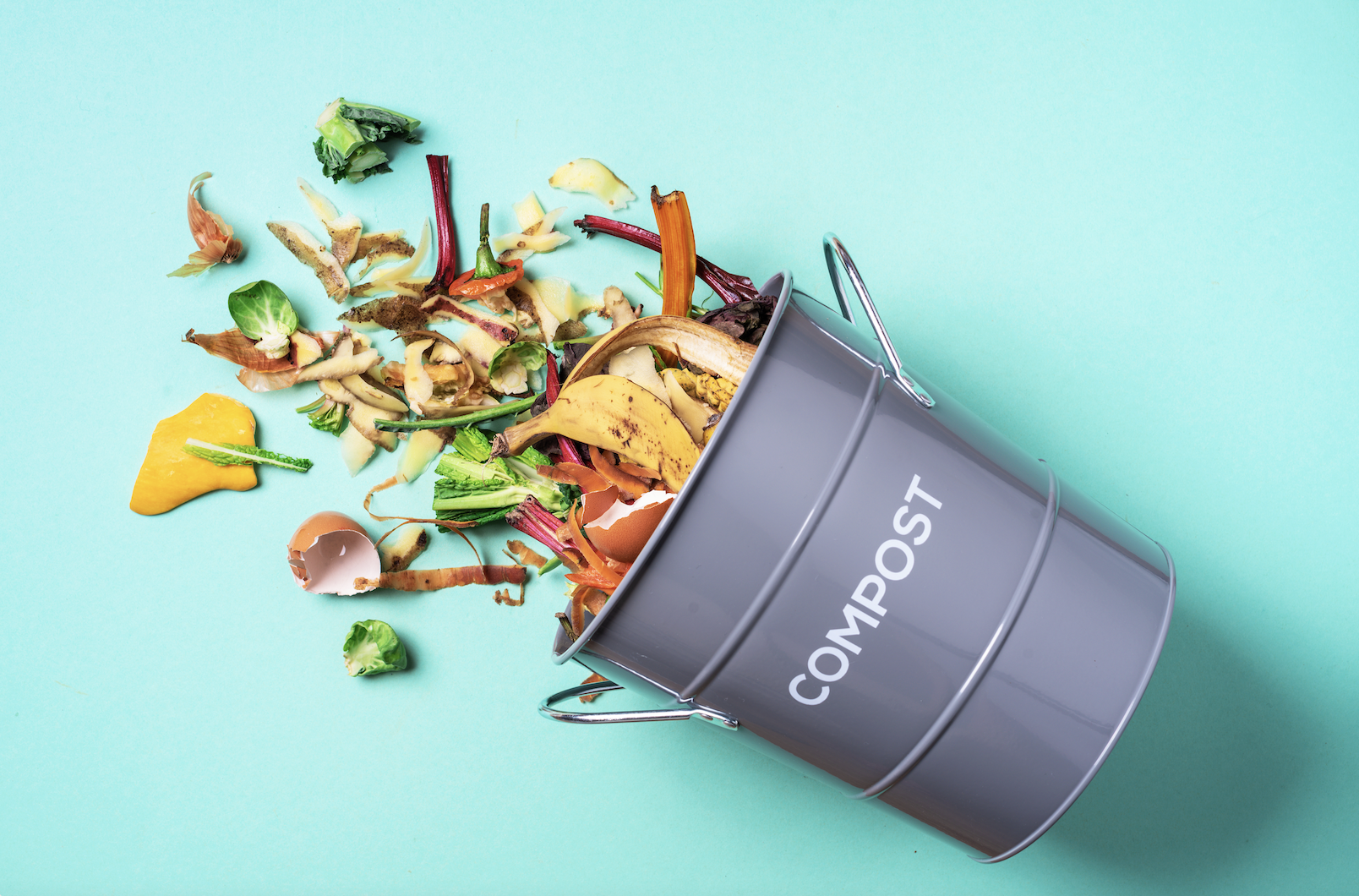
Avoid food waste / Compost
More than one-third of the food produced worldwide is not consumed. Avoiding wasting food can make a big difference to the climate. Here are a few easy ways to reduce food waste:
- Plan your meals for the week, make your grocery list accordingly and stick to it 😉
- Be creative! Take out what is left in your fridge or soon to be wasted, and make something original out of it!
- Try to manage your refrigerator and freezer in a way that allows you to see all your food.
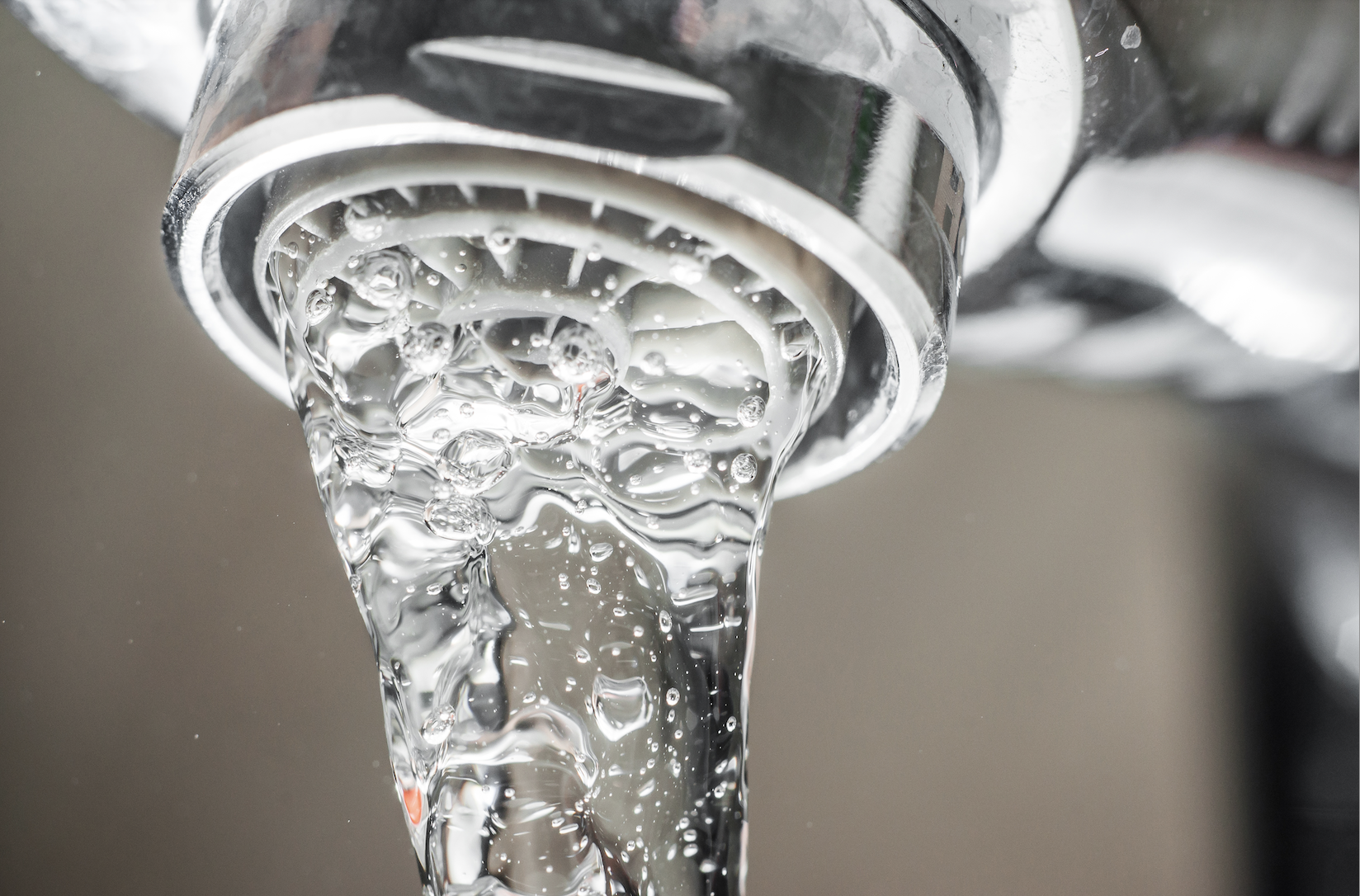
Reduce water consomption
Water waste can be reduced by several small acts around the house. Firstly, you can install flow reducers on the faucets in your kitchen and bathroom. They are easy to install and usually very affordable.
You can also opt for low-flow showerheads & take lesser time in the shower, or cut the water in between your rinsing steps.
Secondly, you can place a brick or a full water bottle in the flush tank of your toilet to reduce the number of litres that flow.
Finally, reuse as much as possible to water your plants. For example, install rainwater collectors and recycle vegetable rinse water. In the same way, water your garden preferably in the evening to limit evaporation too quickly during the day.
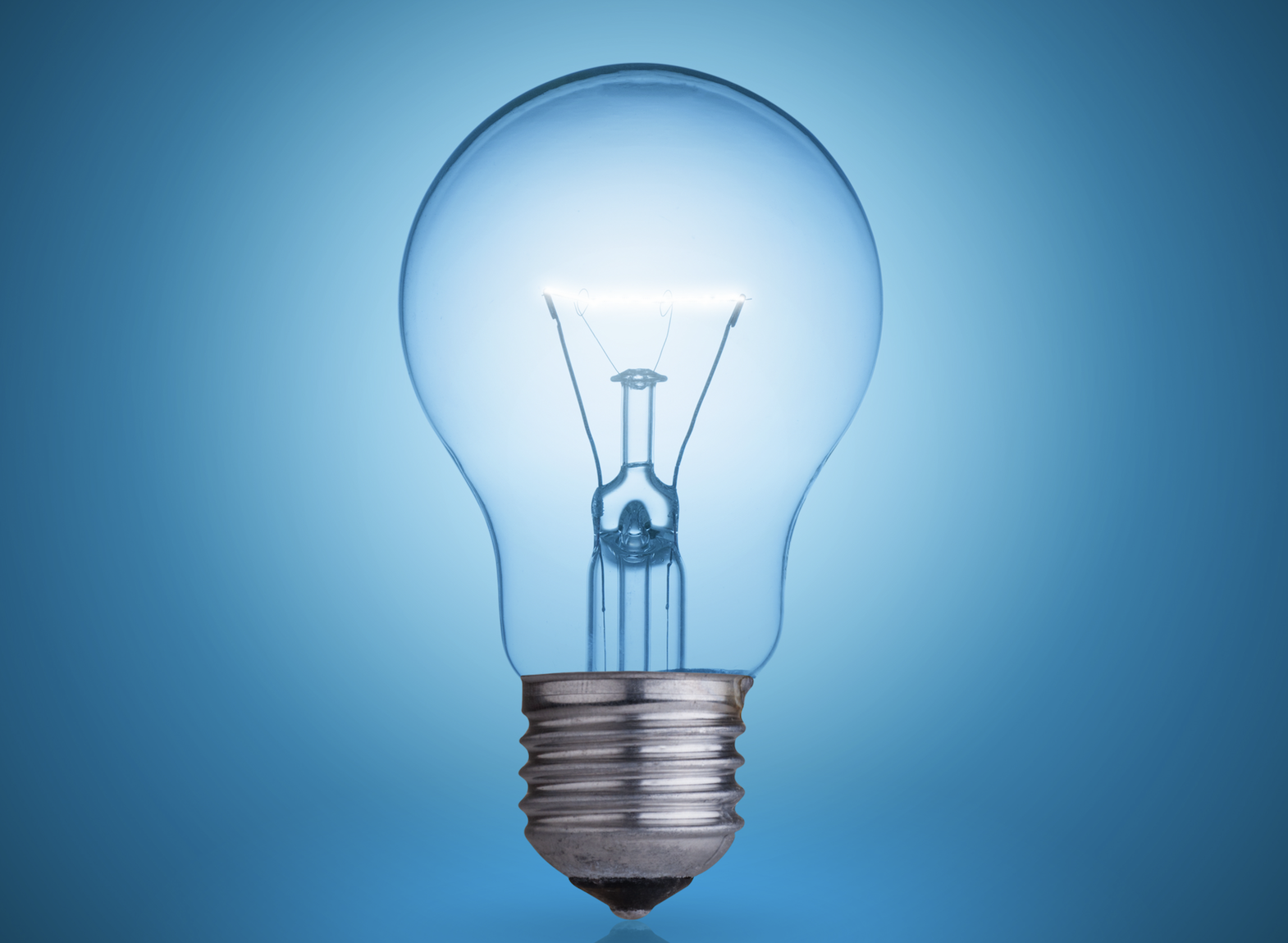
Switch your lightbulbs
This habit is the simplest, but it makes a great difference. Replace your conventional bulbs with LEDs or energy-saving bulbs, which consume less energy and are more economical in the long term. Obviously, regardless of the bulbs installed, remember to turn off the lights when you leave a room!
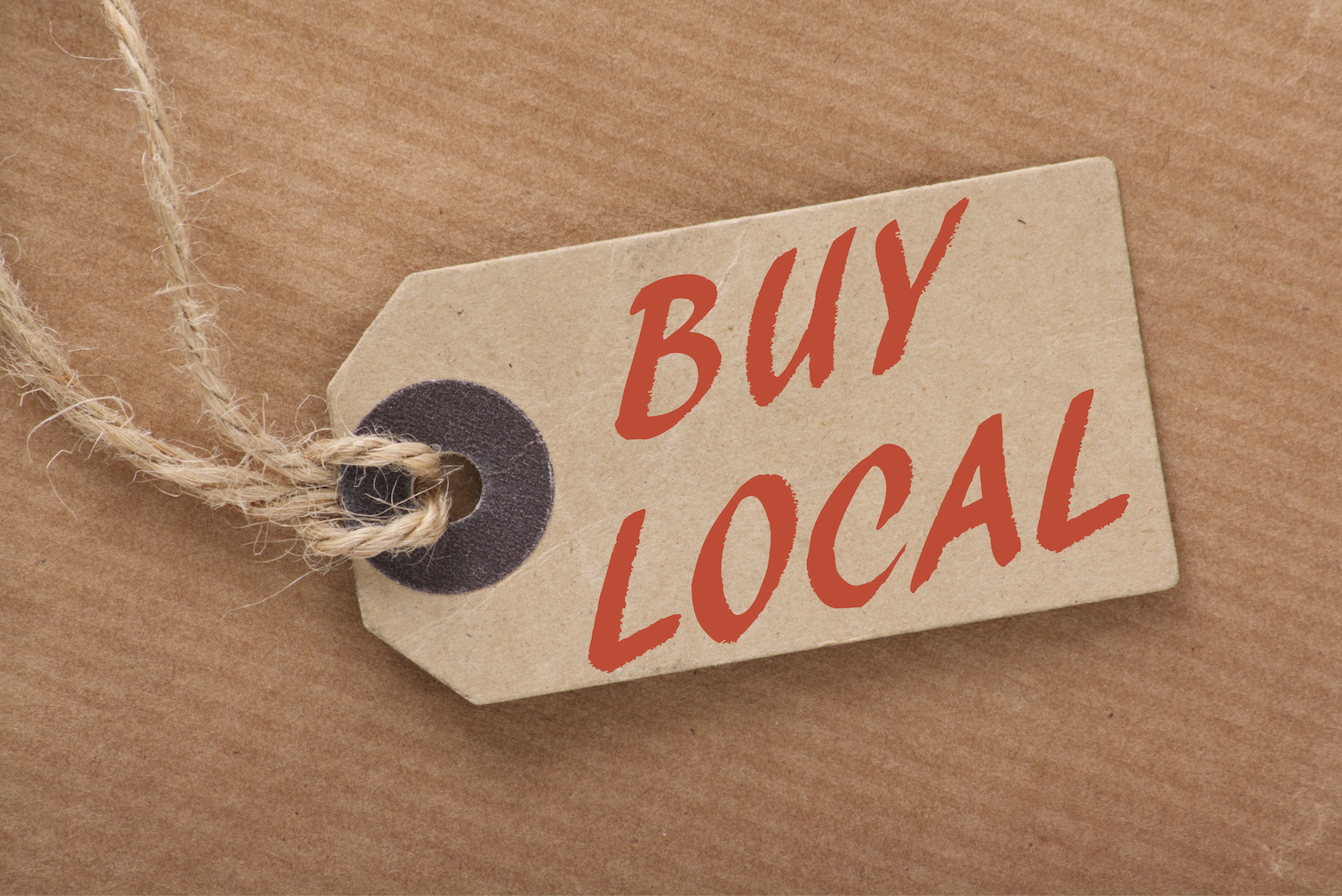
Shop local
The food and goods we consume often travel thousands of miles to end up in our stores or homes. Transportation and refrigeration used to preserve food when transported emit large amounts of GHGs.
Choosing food and goods produced your area therefore reduces transportation-related pollution and encourages the local economy.
Habits to implement at work
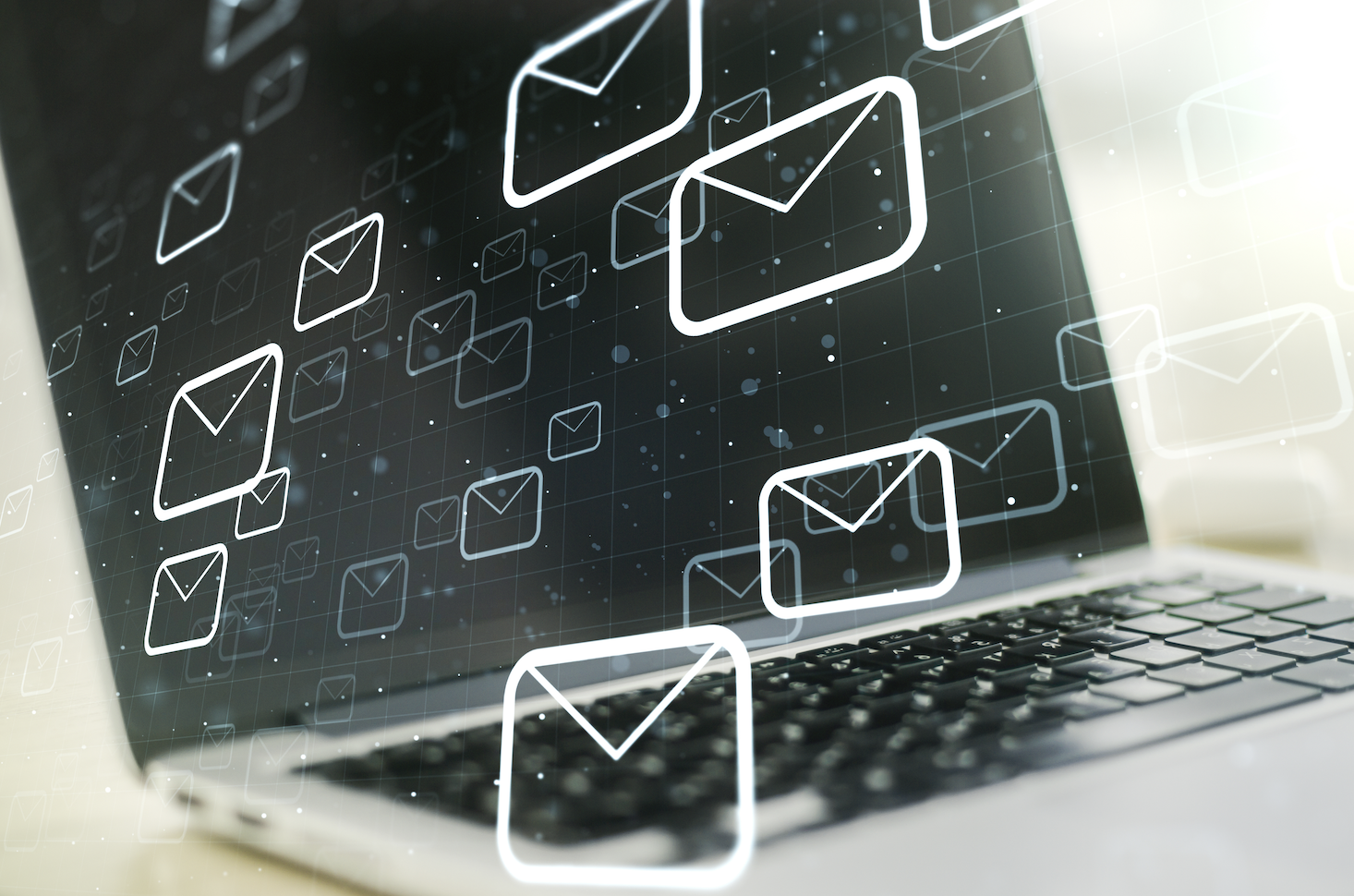
Reduce digital pollution caused by emails
Did you know that even if the internet is technically ‘immaterial,’ it still greatly pollutes? Yes, when you send an email, the data is always stored in many copies on data centers. It is stored in different servers so that, if one server is down, your data will not disappear. Data centers therefore consume, uninterrupted, a lot of power and electricity to stay on. In fact, 2% of worldwide CO2 emissions comes from data centers. This is more than the civil aviation!
So, what can you do to reduce our digital pollution?
- For starters, delete useless mail from your mailbox, including your inbox folder and the junk, sent and trash folders, or stock your mail locally on your computer instead of on the server.
- Limit attachments. Use attachments sparingly and only if necessary. Use temporary deposit sites to transmit a document and/or provide a link instead of attaching it to your email.
- Send your emails to the right people and simplify your messages. Limit the recipients to the ones that are needed. This includes using CC and BCC only when it is required. Also, reduce the descriptive part of the email, narrowing it down to the essential.
- Chat. Sending a message via a messaging app such as Teams is estimated to be slightly less polluting than sending an email.
- Most importantly, Disconnect. Take some time each day to disconnect from your emails. Close your mailbox window as often as possible to prevent the constant update.
[1] Digital pollution : emails and carbon emissions. - Cleanfox
[2] Ten Tips for Cultivating More Sustainable Email Habits and Reducing Digital Pollution - GreenCo (greenco-project.eu)#
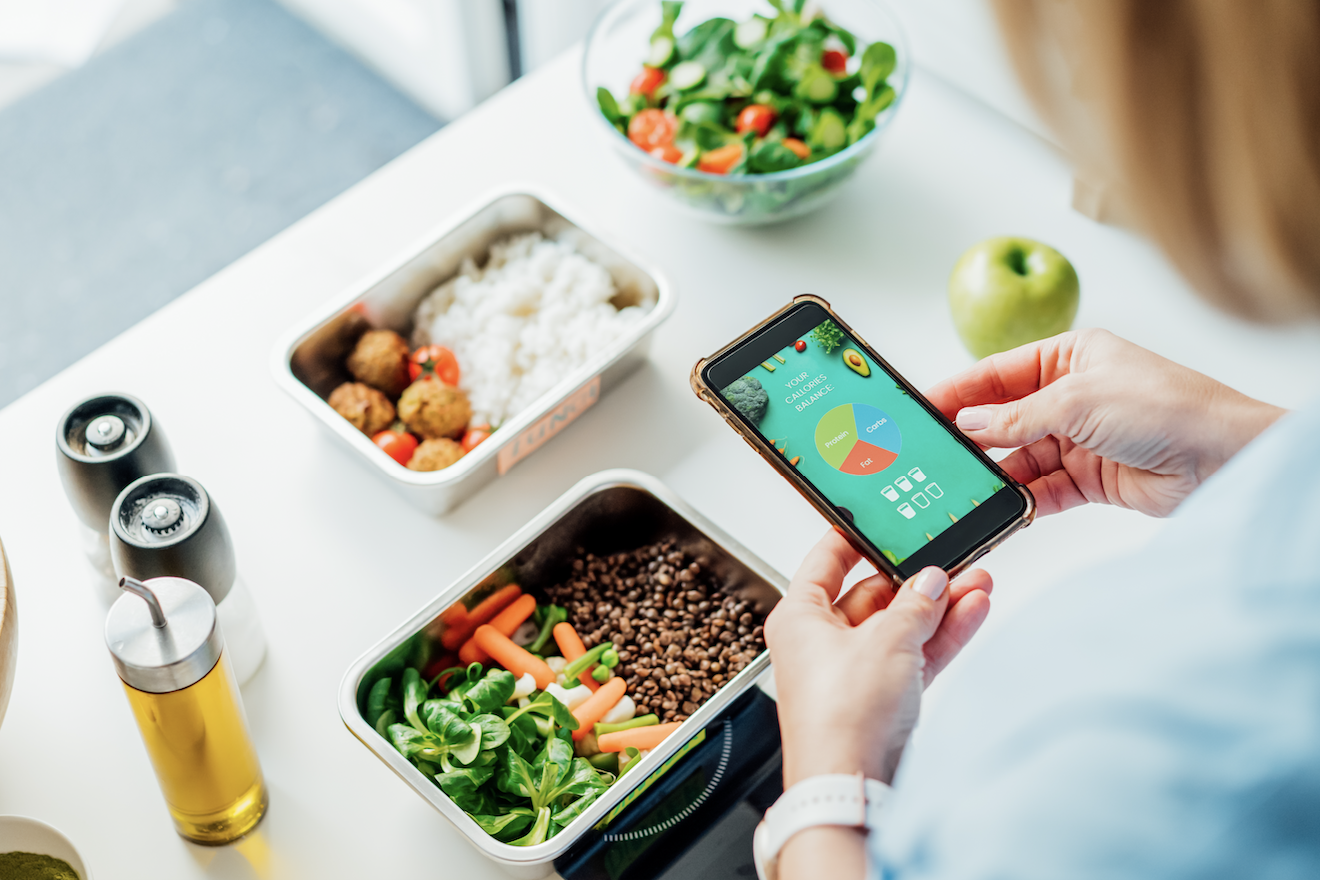
Bring your own lunch/water bottle
Bringing your own lunch to work is, in fact, Green!
Over your work lifetime, eating lunch out can really add up in more ways than one, especially because the restaurant industry produces a huge amount of food and packaging waste. In that sense, taking your lunch to work not only helps you save money, but it helps reduce food, water and plastic waste. In addition, if you often use food delivery services, bringing a lunch to work also reduces the ecological footprint of car deliveries.
With a little effort, building the habit of taking lunch to work can be easy, inexpensive, healthy, and green. Here are some tips to do so:
- Take your lunch in a reusable insulated bag, with a cool pack if needed.
- Use reusable containers, utensils, napkins, and cups
- Say no to bottled water and bring your own water bottle
- Skip prepackaged frozen or ready-to-eat meals.
All in all, caring for our environment through small actions will make a big difference in the long run. We hope this letter helped you learn more about how you can decrease your ecological footprint one step at a time!
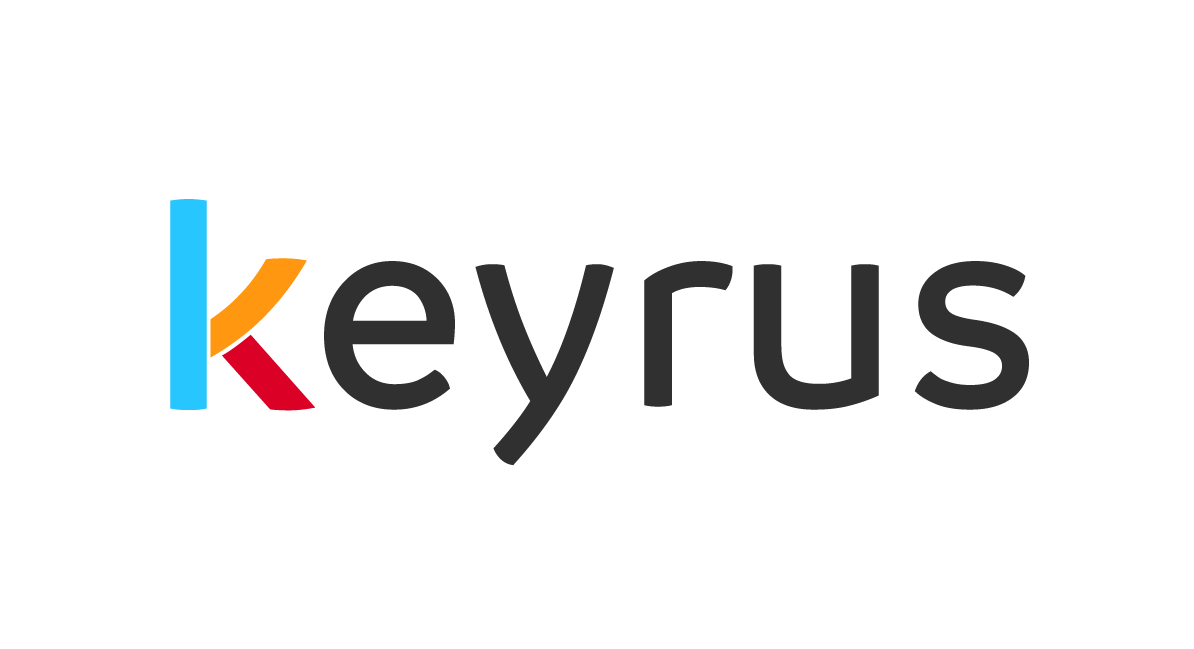
Privacy Policy | Terms & Conditions
©2023. All rights reserved